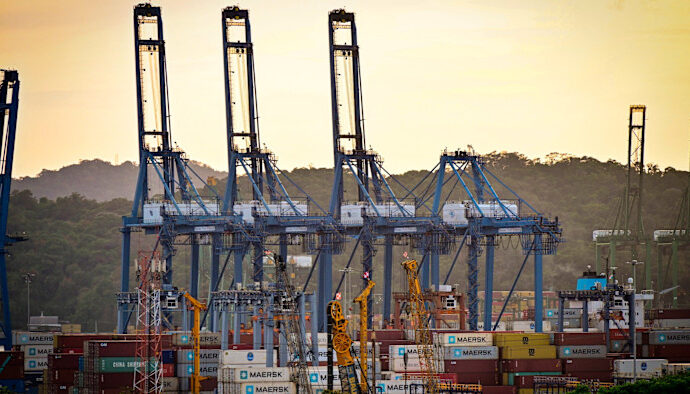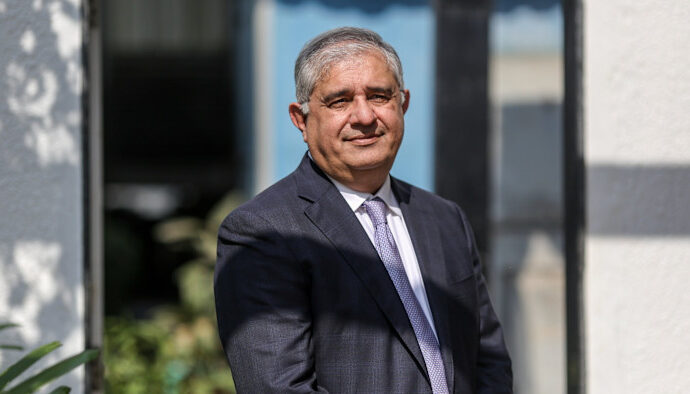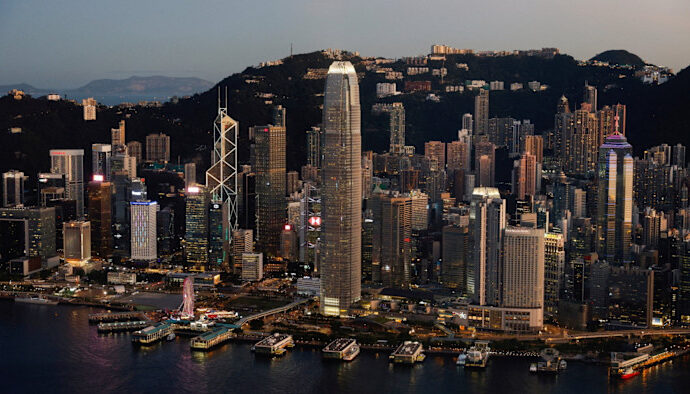
CHINESE LEADERS rarely go to Hong Kong. Xi Jinping’s visit on June 30th and July 1st for official celebrations marking the 25th anniversary of the city’s handover from Britain to China was only his second since his rule began nearly a decade ago. It was his first since the territory was engulfed by pro-democracy unrest in 2019. Since then, he said after getting off his train, Hong Kong had “risen from the ashes”. In a speech the next day he said Hong Kong was entering a new period of “order and prosperity”. Groups of police patrolling quiet streets showed how this had been achieved.
Mr Xi’s previous trip, in 2017, was also to celebrate the anniversary of the territory’s handover. He clearly sensed then that trouble was afoot, warning that “any attempt to endanger China’s sovereignty and security, challenge the power of the central government” or to “use Hong Kong to carry out infiltration and sabotage against the mainland” would be considered “an act that touches the red line”. Hours after his departure thousands of people took to the streets to join a pro-democracy demonstration. Such protests had become a tradition in Hong Kong on July 1st, the date on which China resumed control.
The tradition is over. Since 2019 Hong Kong’s police, urged on by China’s leaders, have arrested thousands of people for activities related to the unrest that erupted that year. Nearly 200 have been detained under a draconian national-security law that was passed by China’s legislature on June 30th 2020. Changes to electoral rules have resulted in a purge of opposition politicians from the legislature and other political bodies. Groups involved in organising protests have disbanded. Activists have been enveloped by a climate of fear.
So during his latest visit (although it spanned two days, he spent the night of June 30th on the mainland) Mr Xi had reason to be cheerful—there was no risk at all that his presence would be upstaged by the Communist Party’s critics. His main duty was to attend the swearing-in of a new government for the territory. It is headed by John Lee, formerly the security chief. Mr Lee’s appointment is another sign of change: unlike the city’s previous chief executives under Chinese rule, who have been drawn from the civil service’s non-uniformed elite or the business community, Mr Lee has spent much of his career in the police. He was elected in May by a committee stacked with the party’s supporters in Hong Kong. There were no other candidates.
[embedded content]
In his speech at the ceremony, Mr Xi said the security law and electoral changes had ensured that “patriots” would run Hong Kong—a term used in China to mean people who back the party. He said all citizens must “respect and support the country’s system”, which, he spelled out, involved socialism under the party’s leadership. Nowhere in the world would citizens allow people who are unpatriotic or traitors to hold political power, Mr Xi said. He repeated a mantra of Chinese officials: that the “biggest aspiration” of people in Hong Kong was for improvements in housing, the business environment, education and care for the elderly. He did not mention demands for universal suffrage that had once brought so many onto the streets. China’s “one country, two systems” approach to managing Hong Kong “must long be upheld”, he said. Many Hong Kongers would say that it has, in effect, been abandoned already.
Mr Lee’s speech echoed Mr Xi’s sentiments. He made no promise of political reform. He praised the central government for helping the territory to overcome “each and every challenge”, including “the riots and violence in 2019” and “interference in Hong Kong’s affairs by external forces which threatened our national security”. Now, he said, Hong Kong was “at a new starting line”. He is right. But the road ahead is unlikely to be as filled with “vibrancy” and “hope” as he predicts.■
The Economist


